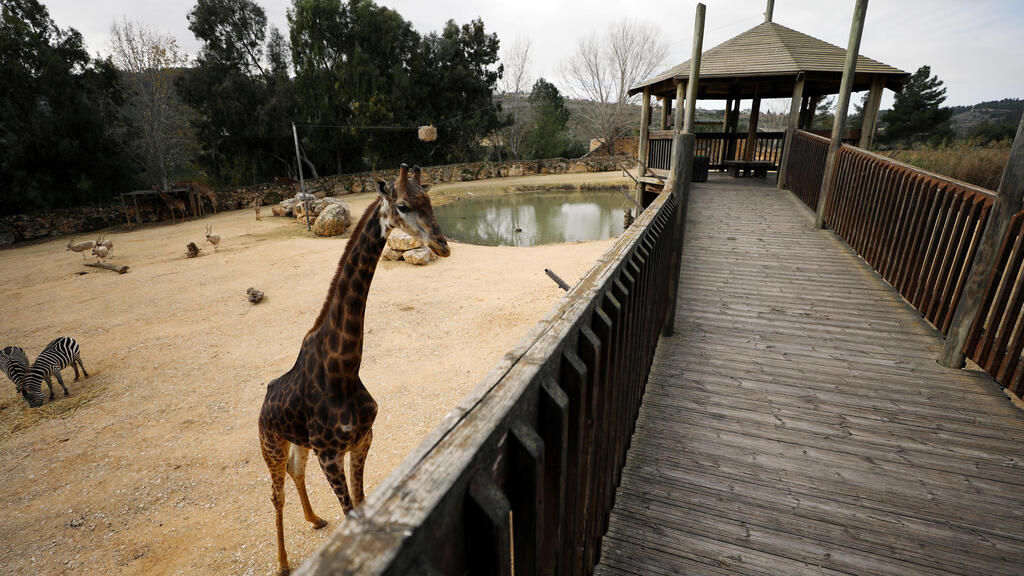Over 20 years ago, the Jerusalem Biblical Zoo decided opening up an animal-assisted therapy program was essential to aid both children and adults going through physical, mental, social, emotional and health problems.
Animal-assisted therapy has been incorporated in occupational therapy, therapeutic recreation, speech therapy, physical therapy and even in nursing homes thanks to its proven benefits such as reducing anxiety, lowering blood pressure and generally improving the quality of life
“The participants enjoy a special experience, which offers them a sense of pride and joy,” a Jerusalem Biblical Zoo worker said.
“The experiences with the animals remain with the participants well beyond their time at the zoo. Participants internalize the sense of success, concern and empathy, and the ability to provide the warmth and support which they received from the animals and apply them within their personal lives.”
Over 500 children and adults with special needs and disabilities visit the zoo’s center for animal-assisted therapy once a week in order to interact with the animals and professionally trained zoo therapists.
3 View gallery


A South African giraffe walks in her living area in the Biblical Zoo in Jerusalem
(Photo: Reuters)
According to VeeVee Merlin-Knopp, the zoo’s animal-assisted therapy coordinator, the zoo's therapeutic program is all group work, with up to six participants in each group.
Merlin-Knopp added that while most participants are school children, of which about 95% are from a special education background, there are also some adult groups that come to participate in the zoo's animal-assisted therapy program. The participants come from all backgrounds, Jewish and Arab, deeply religious and non-religious, she said.
The therapy coordinator added that the program offers participants a great opportunity to interact with the animals by feeding and petting giraffes and elephants, and throwing food over to bears, ducks and swans.
3 View gallery


A zookeeper feeds a Persian fallow deer in the Biblical Zoo in Jerusalem
(Photo: Reuters)
“Just the actual act of doing this is already therapeutic,” she said, adding that the primary mission of the program is to help people go forward in their lives by providing them with a positive experience inside the zoo.
“The main goal is to help these kids work through their problems, like any therapy, to make their life better,” she said.
Merlin-Knopp said taking care of the animals is a feeling of responsibility, giving to somebody else and receiving unconditional love. She said the feeling of being accepted by the animals and the support from a therapist is amazing since most of the children don’t get either ahome.
“It’s a wonderful program,” Merlin-Knopp said. “I think it’s very special.”


